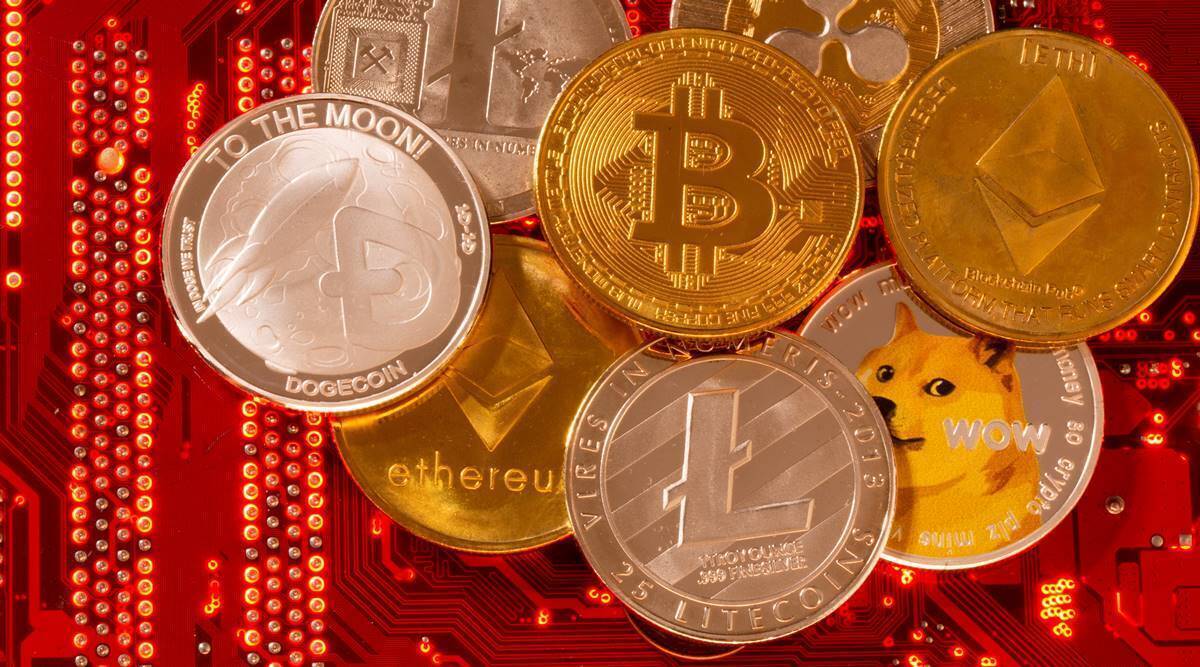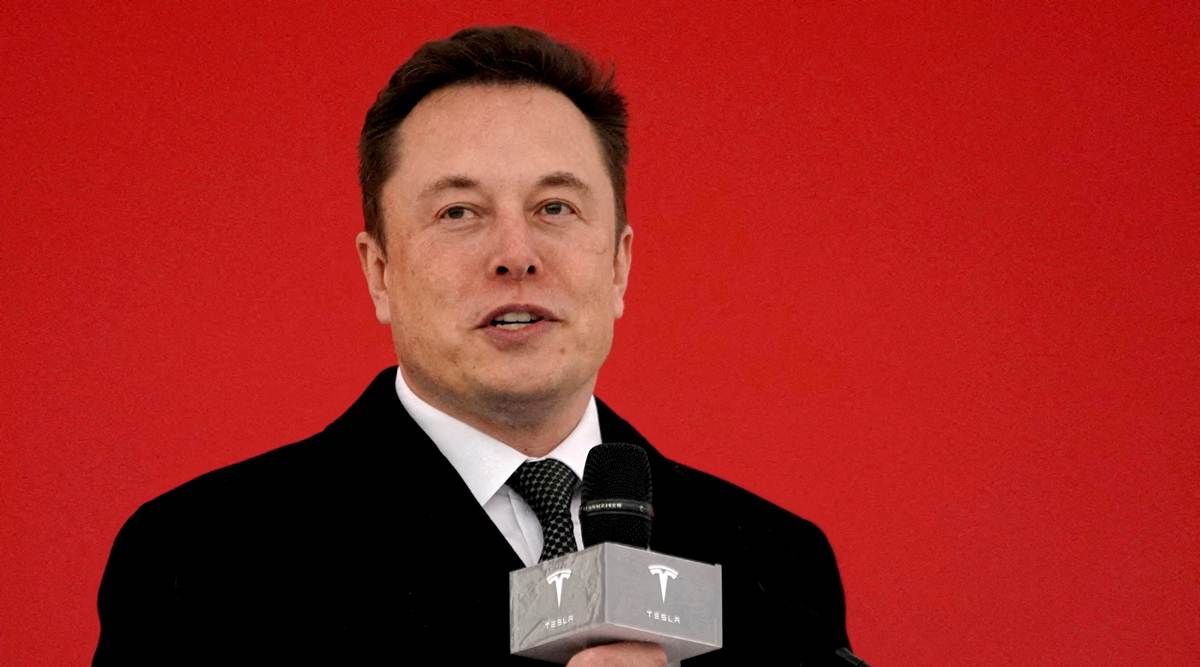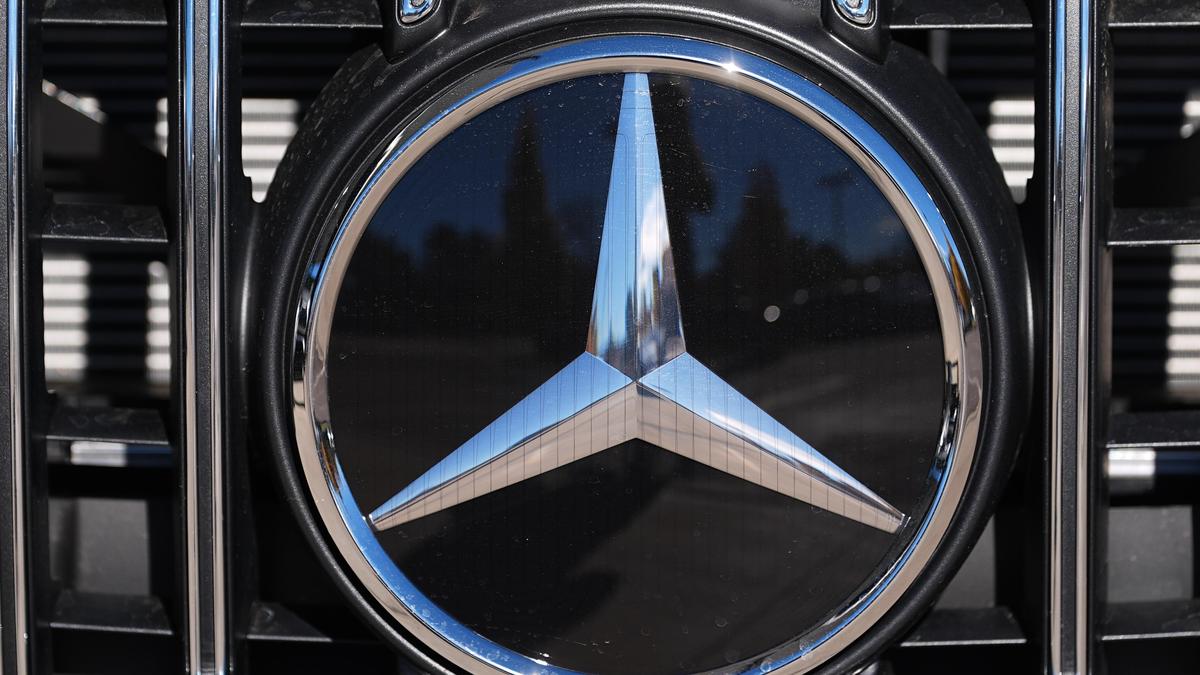India must establish rules on cryptocurrencies to resolve regulatory uncertainty, protect investors and boost its crypto sector, CoinSwitch CEO Ashish Singhal said on Sunday.
Although India’s central bank has backed a ban on cryptocurrencies over risks to financial stability, a federal government move to tax income from them has been interpreted by the industry as a sign of acceptance by New Delhi.
“Users don’t know what will happen with their holdings – is government going to ban, not ban, how is it going to be regulated?,” Singhal, a former Amazon engineer who co-founded CoinSwitch, told Reuters at the World Economic Forum in Davos.
CoinSwitch, which is valued at $1.9 billion, says it is the largest crypto company in India with more than 18 million users. The firm, based in India’s main tech hub of Bengaluru, is backed by Andreessen Horowitz, Tiger Global and Coinbase Ventures.”Regulations will bring peace … more certainty,” he added.
Blockchain and cryptocurrency companies have a large presence at this year’s Davos meeting, which coincides with a period of crypto prices plummeting around the world.
India’s central bank has voiced “serious concerns” around private cryptocurrencies, but Prime Minister Narendra Modi in December said such emerging technologies should be used to empower democracy, not undermine it.
Exchanges often struggle in India to partner with banks to allow transfer of funds and in April, CoinSwitch and some others disabled rupee deposits through a widely-used state-backed network, alarming investors.
Clarity
While moves on taxation and certain advertising regulation had brought some relief, a lot more needed to be done, Singhal said, adding that India should develop a set of laws.
These should include norms for identity verification and transferring crypto assets, while for exchanges, India should put in place a mechanism for them to track transactions and report them to any authority if need be.
While no official data is available on the size of India’s crypto market, CoinSwitch estimates the number of investors at up to 20 million, with total holdings of about $6 billion.
Regulatory uncertainty has been widely felt. In April, Coinbase, the largest cryptocurrency exchange in the United States, launched in India, but within days paused use of a state-backed inter-bank fund transfer service.
Coinbase CEO Brian Armstrong later said in May the move was triggered due to “informal pressure” from India’s central bank.
CoinSwitch too has paused so-called UPI transfers to hold talks with banking partners and make them comfortable, Singhal said in the interview. He added CoinSwitch was is in talks with regulators to try and restart the transfer service. “We are pushing for regulations. With the right regulation, we can get the clarity,” he said.
!function(f,b,e,v,n,t,s)
{if(f.fbq)return;n=f.fbq=function(){n.callMethod?
n.callMethod.apply(n,arguments):n.queue.push(arguments)};
if(!f._fbq)f._fbq=n;n.push=n;n.loaded=!0;n.version=’2.0′;
n.queue=[];t=b.createElement(e);t.async=!0;
t.src=v;s=b.getElementsByTagName(e)[0];
s.parentNode.insertBefore(t,s)}(window, document,’script’,
‘https://connect.facebook.net/en_US/fbevents.js’);
fbq(‘init’, ‘444470064056909’);
fbq(‘track’, ‘PageView’);






